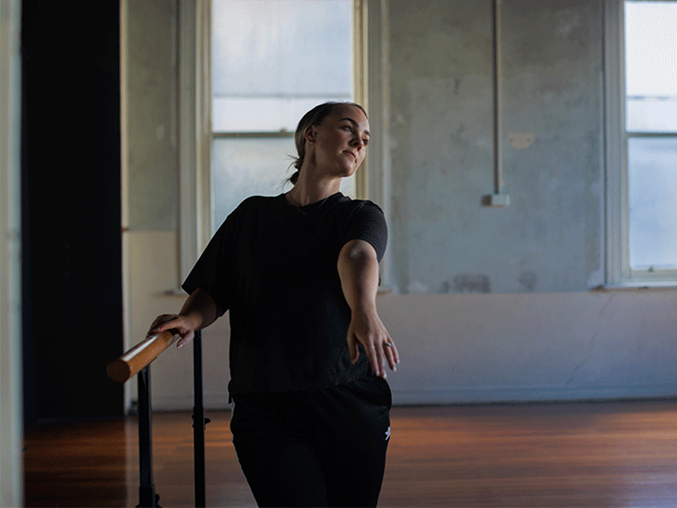What’s the best treatment for anxiety?
Cognitive behaviour therapy (CBT) for anxiety
What is Cognitive Behaviour Therapy?
CBT is a structured psychological treatment which recognises that the way we think (cognition) and act (behaviour) affects the way we feel.
How does CBT work?
Unhelpful thoughts and behaviours can make you more anxious. They can stop you from getting better when you’re experiencing anxiety. A therapist will work with you to identify unhelpful thought and behaviour patterns, and help you replace unhelpful thoughts and behaviours with new ones that reduce your anxiety.
Example: Managing catastrophising thought patterns
- think the worst
- believe something is far worse than it actually is
- expect things to go wrong.
Example: Reducing avoidance of anxiety triggers
You might avoid situations or things that cause anxiety. CBT can help you face your fears and approach these situations more rationally.CBT techniques
- encourage you to recognise the difference between productive and unproductive worries
- teach you how to let go of worries and solve problems
- teach you relaxation and breathing techniques, particularly muscle relaxation, to control anxiety and the physical symptoms of tension.
Behaviour therapy
Behaviour therapy is used in CBT. It focuses on encouraging activities that ar e rewarding, pleasant or give a sense of satisfaction. This helps to reverse the patterns of avoidance and worry that make anxiety worse.
Exposure therapy for anxiety
Behaviour therapy for anxiety relies mainly on a treatment called 'graded exposure'.
If you avoid situations that make you anxious you don’t get a chance to face your fear and prove to yourself you can manage it.
Your therapist will use evidence-based techniques to help you gradually face your fears in a safe
environment.
Example: Fear of public speaking
- imagining yourself delivering the speech without an audience
- actually making the speech without an audience
- imagining speaking in front of your family
- actually speaking in front of your family
- preparing to speak in front of a work colleague
- speaking in front of a work colleague
- speaking in front of your work team
- delivering a speech to people you don’t know.
Eye movement desensitization and reprocessing (EMDR)
EMDR is a recommended treatment for post-traumatic stress disorder (PTSD). There isn’t enough evidence at the moment to say whether it works for other types of anxiety.
What is it?
It involves recalling these life experiences for short periods (15-30 seconds) while also moving the eyes back and forth. Sometimes another task, such as hand tapping or listening to tones, is used instead of eye movements.
How does it work?
There are two theories about how EMDR works:
- Eye movements help the person to deal with traumatic memories at a biological and psychological level.
- Eye movements don’t have a special role in dealing with the trauma. Instead, EMDR works like exposure therapy to help reduce anxiety.
Online therapies
If you have mild or moderate anxiety, online therapies can be just as effective as face-to-face services. They’re sometimes known as e-therapies or computer-aided psychological therapy.
Most online therapies follow the same principles as CBT or behaviour therapy.
You work through the program by yourself, usually with some support from a therapist. The therapist will help you apply what you’ve learned to your own life. You might talk to them on the phone, by email, text, or instant messaging.
Where to find online therapies
Online therapies are easy to access and can be done from home from anywhere in Australia. Usually you don’t need a referral from a GP.
Find a range of online programs at the Australian Government's Head to Health website.
Antidepressants for anxiety
Some types of antidepressant medication can help manage anxiety, even if you don’t have depression.
When you have an anxiety condition your brain's chemicals can become unbalanced, including serotonin, noradrenaline and dopamine. Antidepressant medication can fix these chemical imbalances.
Benzodiazepines
Benzodiazepines are sometimes called minor tranquillisers or sleeping pills. They’re a class of drug commonly prescribed in the short term to help manage anxiety conditions.
Benzodiazepines promote relaxation and reduce tension, but are not recommended for long-term use. They can reduce alertness, affect coordination, and can be addictive.







